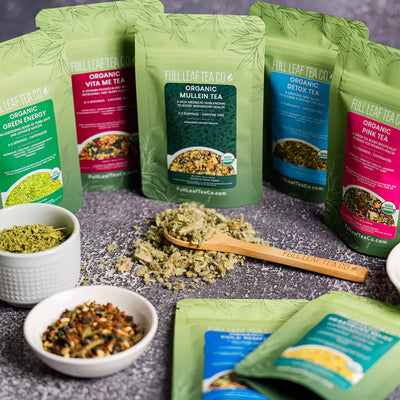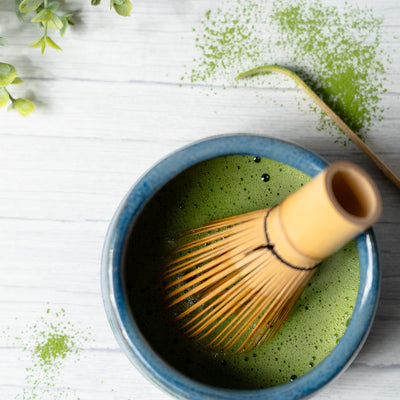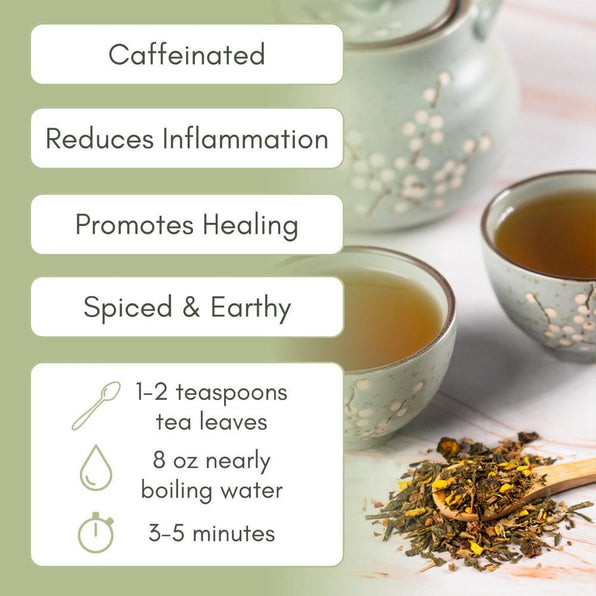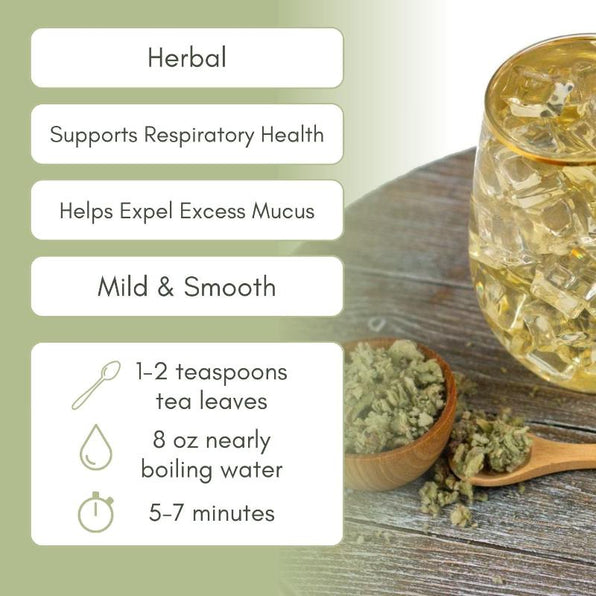What is Lemon Peel?
Lemon peel refers to the outer skin of the lemon fruit, which is often discarded but holds numerous culinary and health benefits. This vibrant yellow outer layer is packed with essential oils, notably limonene and citral, that give lemons their distinct, invigorating scent and flavor. Lemon peels are not just aromatic; they are a powerhouse of nutrients, including vitamin C, potassium, and dietary fiber. This part of the fruit enhances the taste of various dishes and can be used dried or fresh to impart a tangy zest to teas, desserts, and savory dishes. In addition to culinary uses, lemon peel is celebrated in natural medicine for its potential to support digestive health, boost immunity, and even contribute to skin care.
Rich in antioxidants, lemon peels help combat free radicals in the body, which are a primary cause of cellular damage and aging. Incorporating lemon peel into your diet or as a part of your tea regimen is an easy way to utilize the peel's beneficial properties. Lemon peel's versatility makes it an essential ingredient in kitchens and an intriguing component in herbal tea blends, adding both flavor and a nutritional punch.


















